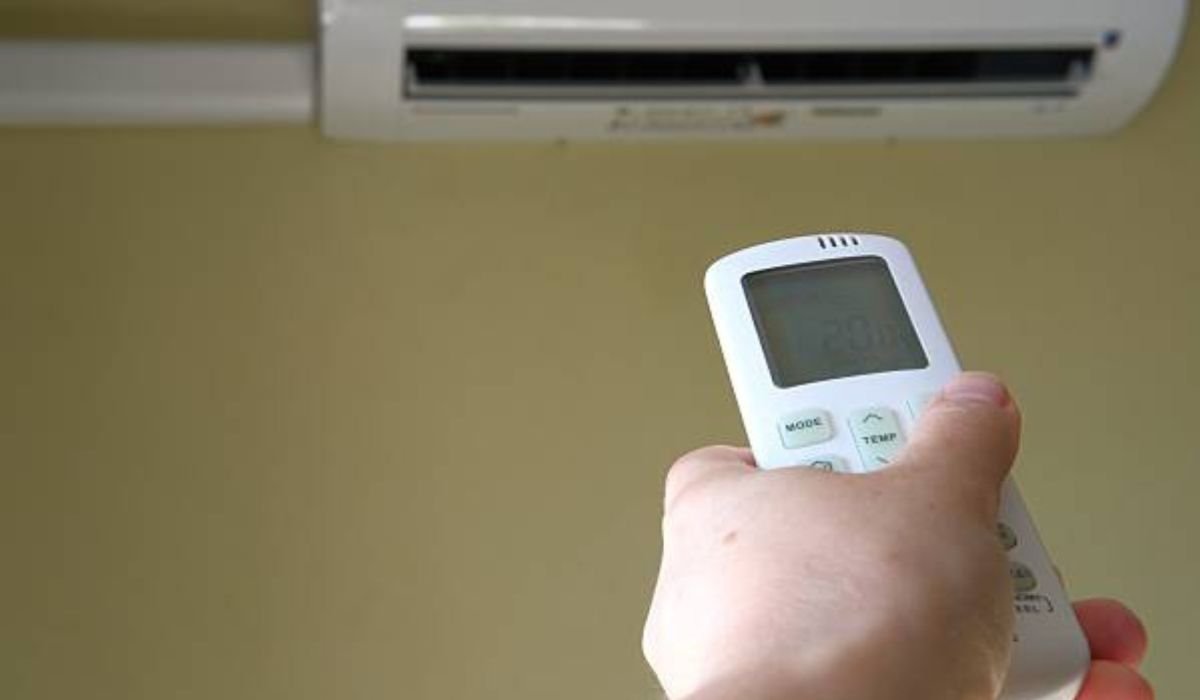As colder months arrive, the thermostat often creeps higher, and so do the energy bills. Many homeowners believe they must choose between a warm, comfortable house and an affordable heating bill. Fortunately, you can achieve both. With a few strategic adjustments and mindful habits, it is possible to reduce your heating costs significantly without feeling the chill.
This guide offers practical ways to save money while maintaining a cozy living environment all winter long.
Optimize Your Thermostat Settings
Your thermostat is the command center for your home’s heating system, and using it wisely is one of the most effective ways to cut costs.
Program for Savings
If you have a programmable or smart thermostat, use it to your advantage. Set the temperature a few degrees lower while you are away from home or sleeping. The U.S. Department of Energy suggests that you can save as much as 10% a year on heating by turning your thermostat back 7-10°F for eight hours a day from its normal setting. You can program it to warm the house just before you wake up or return home, so you never have to walk into a cold space.
Find Your Ideal Temperature
Experiment to find the lowest comfortable temperature for your household when you are at home and awake. Even a one-degree reduction can lead to noticeable savings over an entire season. Dressing in layers and using blankets can help you feel comfortable at a slightly cooler indoor temperature.
Seal and Insulate Your Home
Heated air will always try to escape to colder areas. A significant amount of heat loss occurs through cracks, gaps, and poorly insulated spaces. Preventing this escape is key to an efficient home.
Block Drafts and Air Leaks
Conduct a thorough inspection of your home to find and seal air leaks. Check around windows, doors, electrical outlets, and any openings where pipes or wires enter the house. Use weatherstripping for doors and caulk for stationary gaps around window frames. These simple, low-cost fixes can prevent valuable heat from seeping out.
Boost Your Insulation
Proper insulation is crucial for retaining heat. The attic is often a primary source of heat loss, so ensuring it has adequate insulation is a worthwhile investment. Check the insulation levels in your walls and crawl spaces as well. A well-insulated home holds onto warmth longer, meaning your heating system runs less often.
Maintain Your Heating System
An efficient heating system is a cost-effective one. Just like a car, your furnace or boiler needs regular maintenance to perform at its best.
Regular Upkeep is Key
A clean and well-maintained heating system operates more efficiently and safely. One of the simplest tasks you can do is to replace or clean your furnace filters regularly, typically every one to three months. A clogged filter restricts airflow, forcing the system to work harder and use more energy. Professional maintenance is also vital. Scheduling an annual tune-up, such as a professional boiler service in Park City, ensures all components are working correctly, improves efficiency, and can prevent costly breakdowns during the coldest part of the year.
Use Your Home’s Features Wisely
Simple adjustments to your daily routine can make a surprising difference in your heating bills.
Harness the Sun’s Energy
On sunny days, open the curtains and blinds on your south-facing windows to let natural sunlight in. This free solar heat can help warm your home. At night, be sure to close them to add a layer of insulation and trap the day’s warmth inside.
Manage Your Vents and Radiators
Ensure that furniture, rugs, and drapes are not blocking your heating vents or radiators. Obstructed airflow prevents heat from circulating effectively, making your system run longer to warm the room. Also, close the vents in rooms you do not use often to avoid paying to heat unoccupied spaces.
By implementing these strategies, you can take control of your energy consumption and enjoy a warm, comfortable home without the stress of a high heating bill.
YOU MAY ALSO LIKE: Efficient Home Heating: Choosing the Right Furnace for Your Needs











